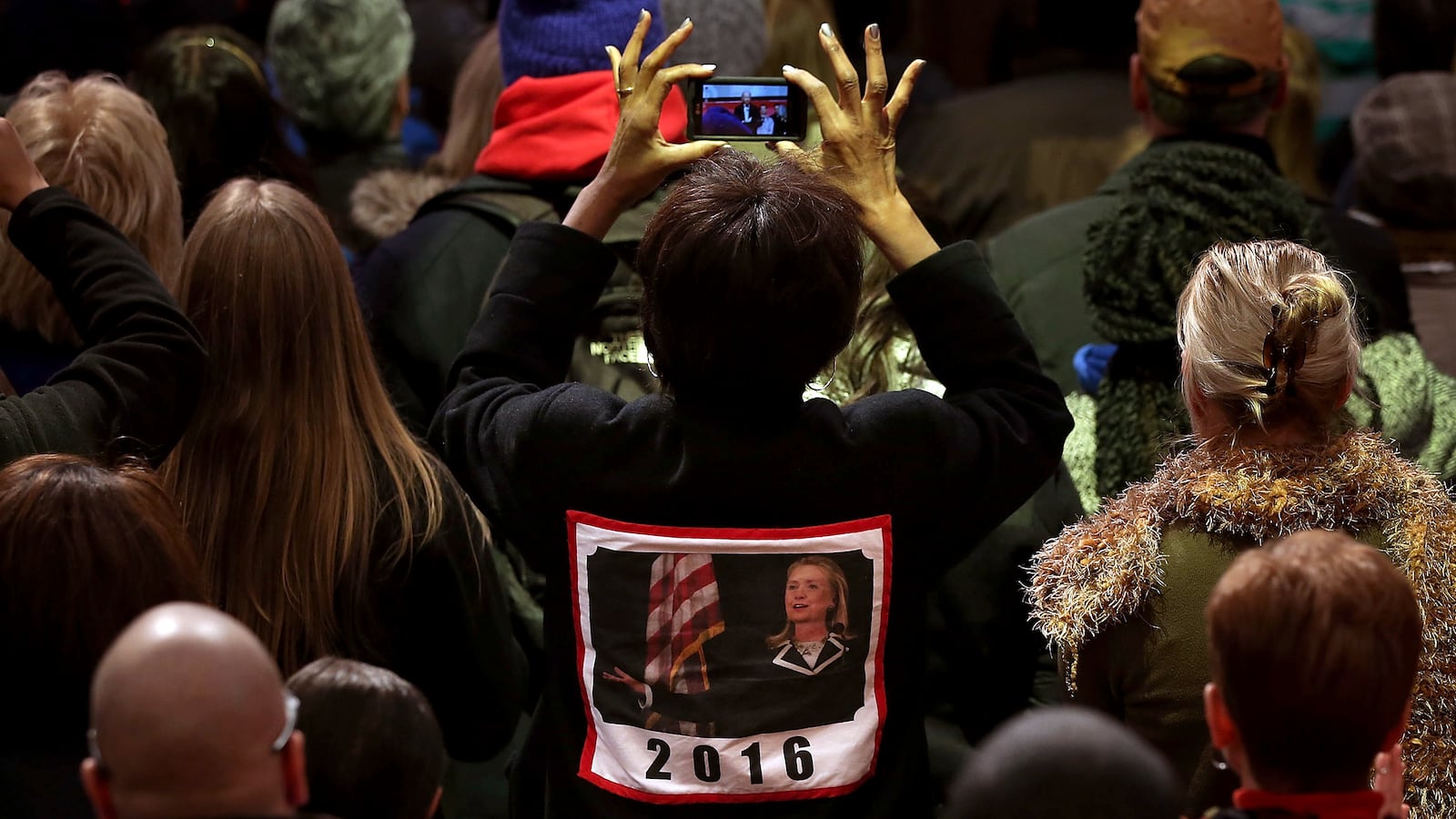President Obama’s second inauguration last week capped a long electoral cycle that began almost two years ago, in early 2011. The stupendous length and cost of America’s presidential elections is a wonder to the world – and not in a good way.

In scarcely 24 months, the whole spectacle will start anew. Then it’s two years of straw polls, fundraising reports, and breathless horserace coverage of non-events. This will be followed by a gauntlet of caucuses and primaries whose arcane rules are understood only by a small priesthood of campaign consultants. And it in the end will yield a general election campaign smothered in attack ads paid for by shadowy “independent” groups accountable to no one.
Does democracy really have to be this way? No, and for proof we need only look to our closest democratic allies, whose national elections are notably brief, efficient and orderly. How do they manage this? Four sets of policies and practices stand out.
First, these countries legally mandate a short electoral season. British law allows its elections to last no more than 17 working days. In 2005, for instance, the electoral process began on April 11 with the dissolution of Parliament and the vote was held on May 5. The 2008 Canadian federal election began on September 14 and ended on October 7. Elections in Italy that year lasted about seven weeks, and in the Netherlands about 10. Parliamentary systems are particularly well suited to quick elections, because they have an established “leader of the opposition” and a “shadow cabinet” who are poised to take over on short notice. But elections in the United States certainly do not need to last 40 times as long as in the United Kingdom, or 10 times as long as in the Netherlands.
The selection of a new U.S. president could be streamlined, yet not unduly rushed, by holding a single nationwide primary around Independence Day, party conventions in August, debates in October, and the general election in early November. Adopting this model would dramatically shorten the length and intensity of the negative campaigning that now turns off so many voters. It could also reduce the exorbitant expense of our elections; the BBC has estimated that the 2012 U.S. presidential election costs about 120 times more than the 2010 U.K. parliamentary election, which works out to some 23 times more per capita.
Second, many other democracies standardize administration of their national elections. The American voting system is chaotically decentralized to some 13,000 separate entities with responsibility for electoral administration. Every electoral season now brings with it allegations of fraud and administrative incompetence, along with the threat of politically divisive litigation.
In many other countries, even those that also practice federalism, a non-partisan chief electoral officer heads a centralized civil service body that supervises national elections. This is a sharp contrast to the elected or politically appointed secretaries of state who oversee elections in the American states. For example, “Elections Canada” implements and enforces electoral laws, monitors election spending, maintains voter lists, trains staff to manage balloting, and assists with drawing electoral boundaries. In Germany, a single independent officer leads a staff of non-partisan public servants in running notably orderly elections for the Bundestag and the European Parliament. Mexico has comparable federal bureaucratic structures, as well as an independent Electoral Tribunal to adjudicate disputes.
Third, our allies have modernized antiquated electoral practices. Many European countries evolved into constitutional monarchies in the 19th century by developing entirely new systems to elect their executives. By contrast, the United States still labors under a hastily conceived and ill-designed Electoral College first created in the late 18th century. It has become almost a cliché since the 2000 election to call for abolition or reform of the Electoral College. Nonetheless , any serious attempt at upgrading our presidential election process must come to grips with this quirky, creaking relic from 1787.
Lastly, many countries enact the will of the people with a quick transfer of executive power. When the British Labour Party ended 18 years of Conservative rule in the U.K. on May 1, 1997, Tony Blair became prime minister the very next day. Francois Hollande was elected president of France on May 6, 2012 and sworn into office on May 15, despite a switch in party control.
Yet America’s political transitions seem to drag on forever. What important public purpose is served by the 10-week window between a new president’s election and assumption of power? Why do we allow lame-duck Congresses to stay in business for nearly as long? The wait would be even longer if not for the Twentieth Amendment, ratified in 1933, which advanced the inauguration from March 4 to January 20, while also ordering the incoming Congress to convene even earlier. Now, in the information age, we ought to enact the peoples’ electoral verdict much more swiftly, either by moving up Inauguration Day or by pushing back Election Day.
Elections in other democracies are hardly without fault – just ask the citizens of those countries. But the interminable length. ineffective administration, and skyrocketing costs of U.S. political campaigns are aspects of American exceptionalism we could well do without.





